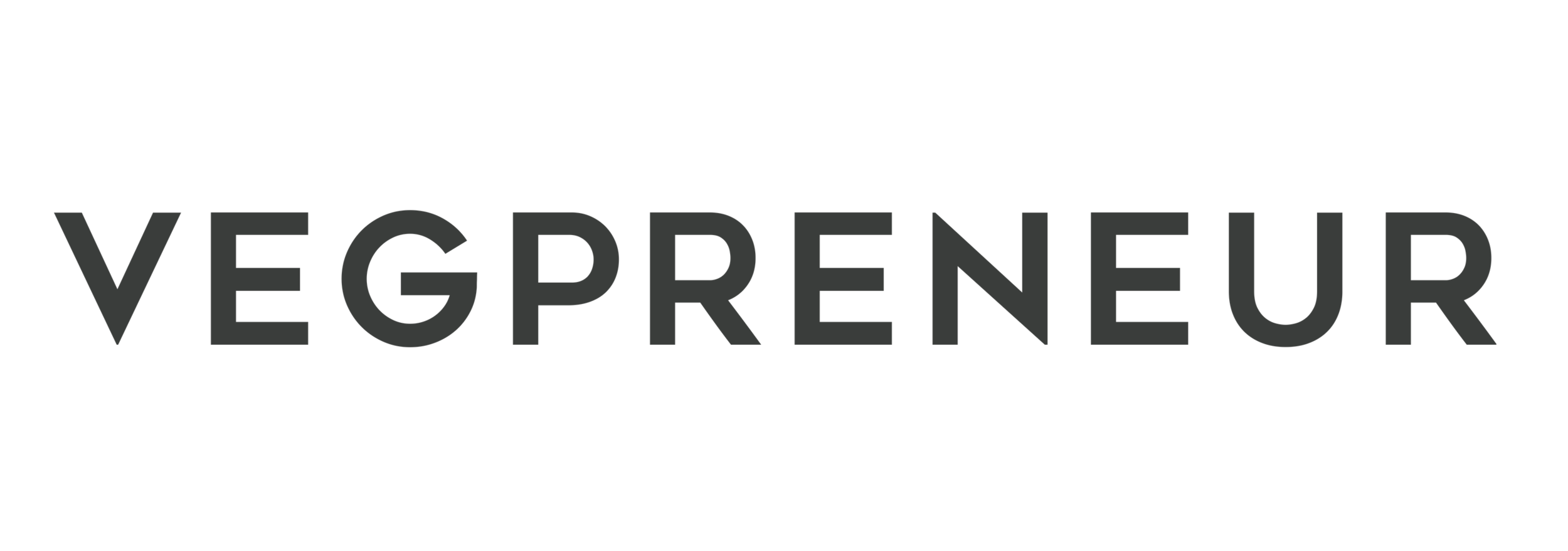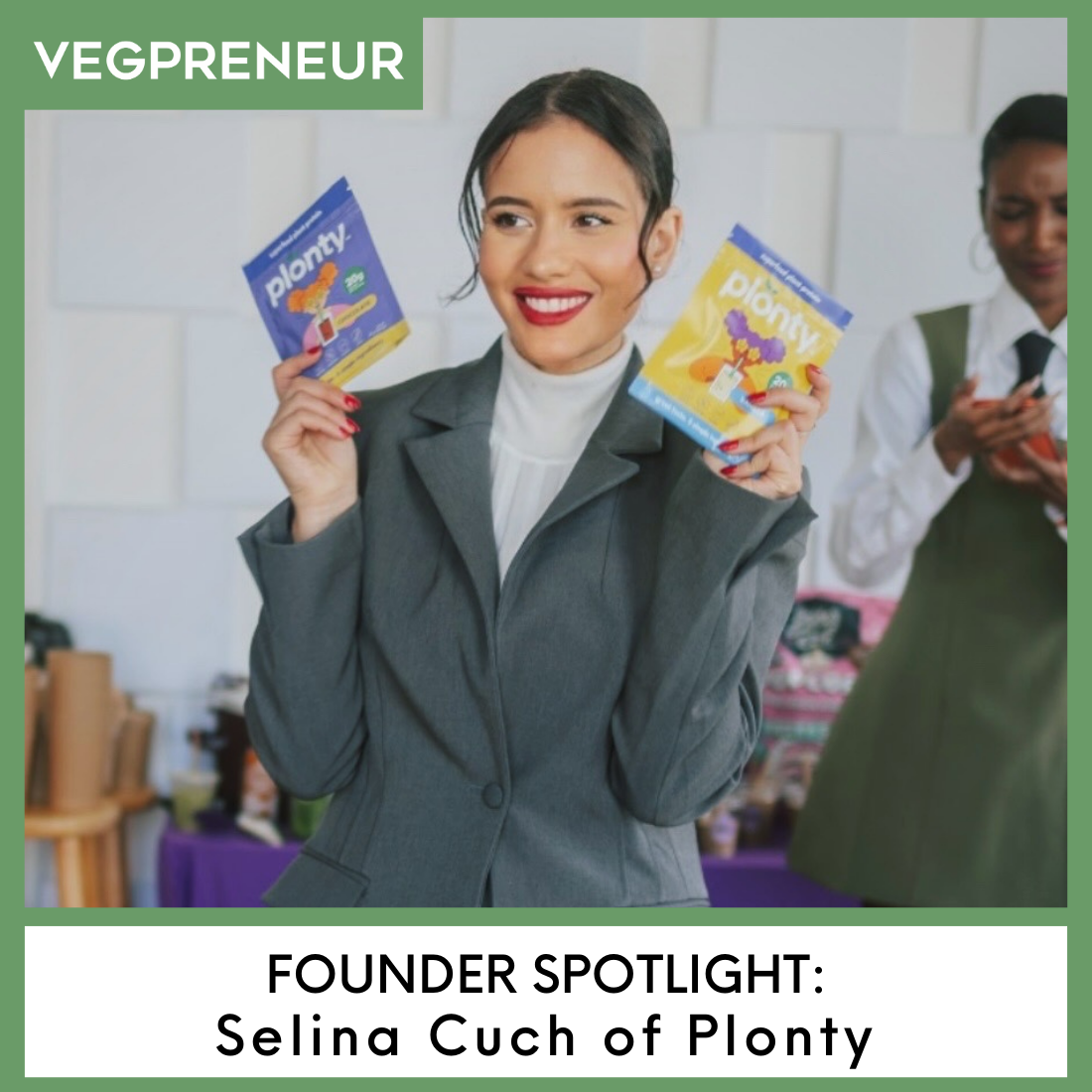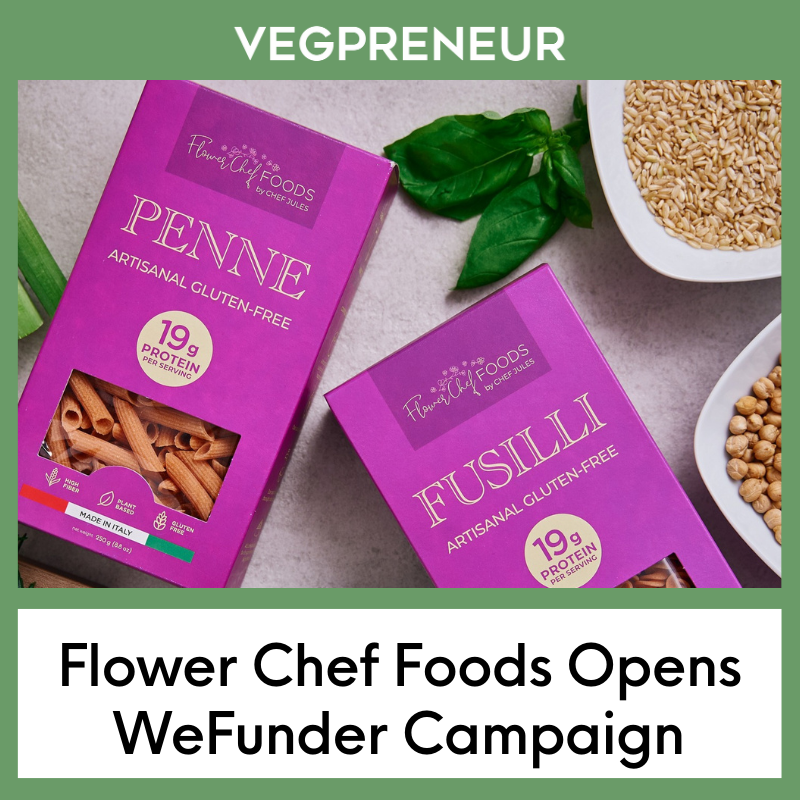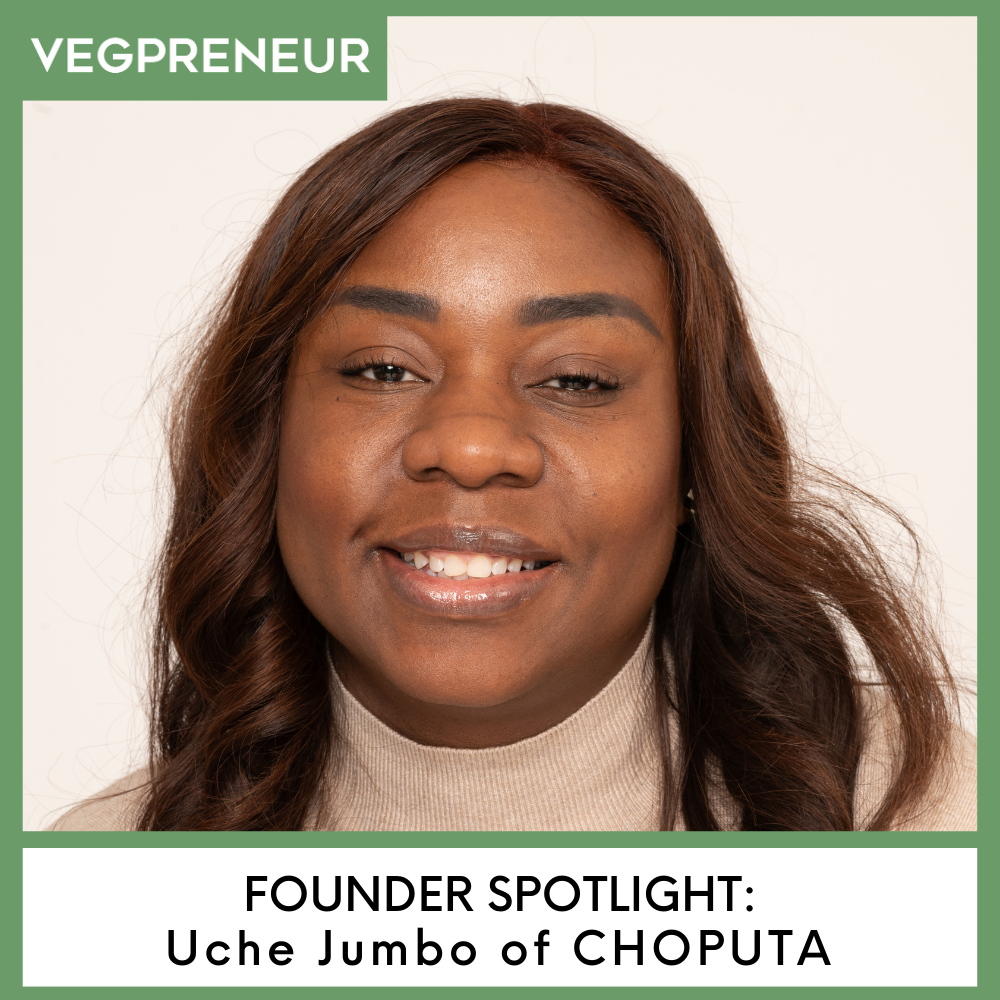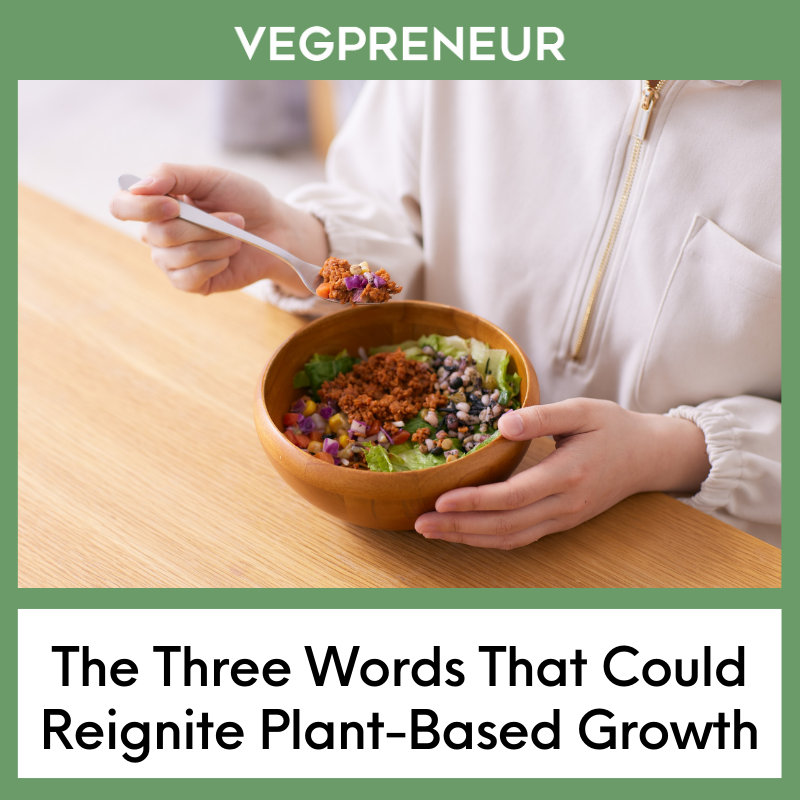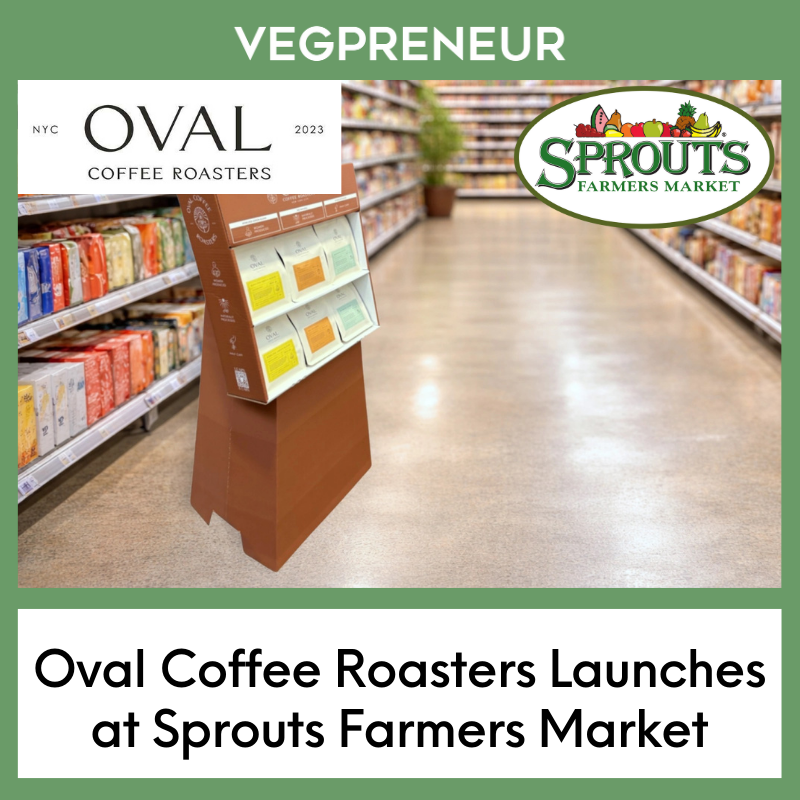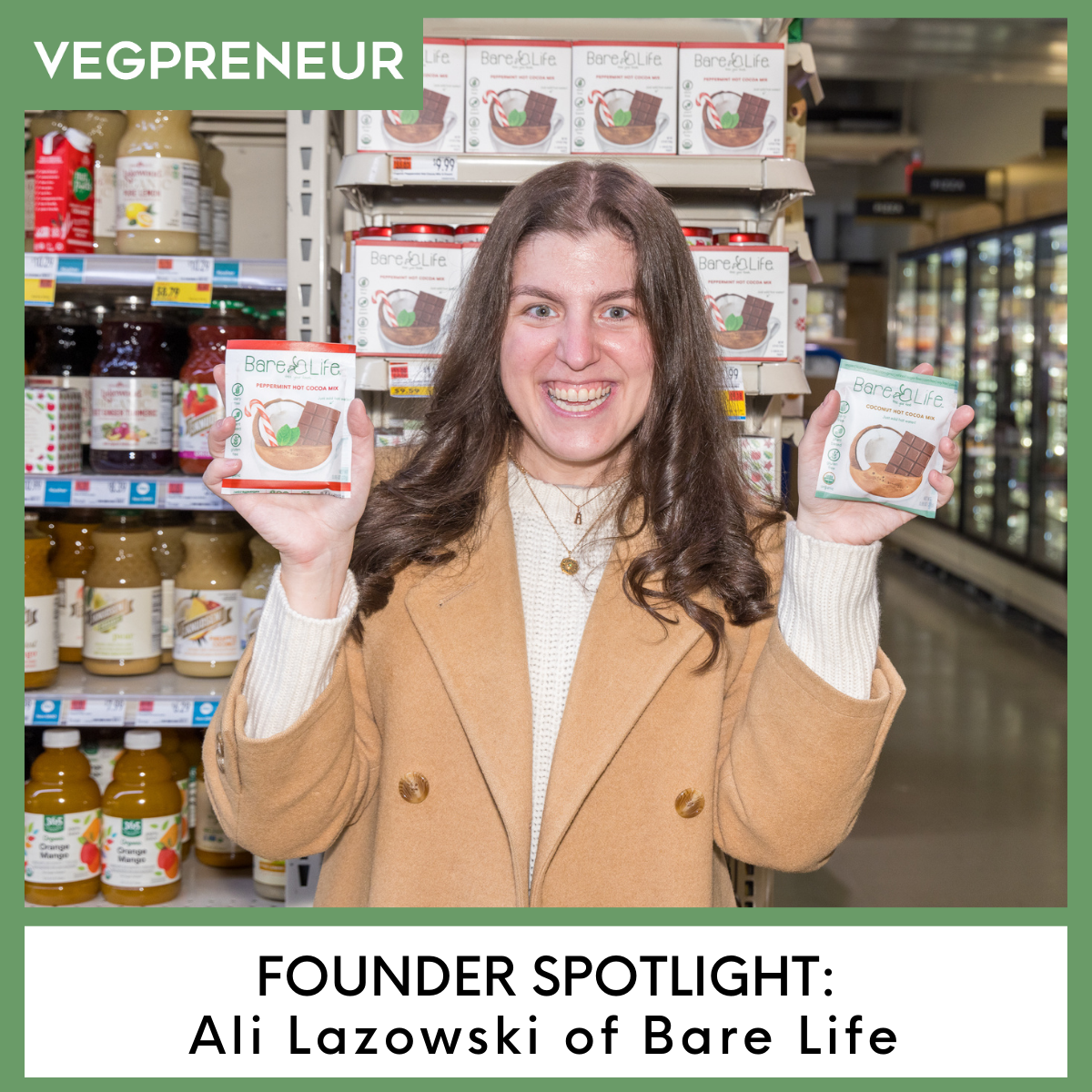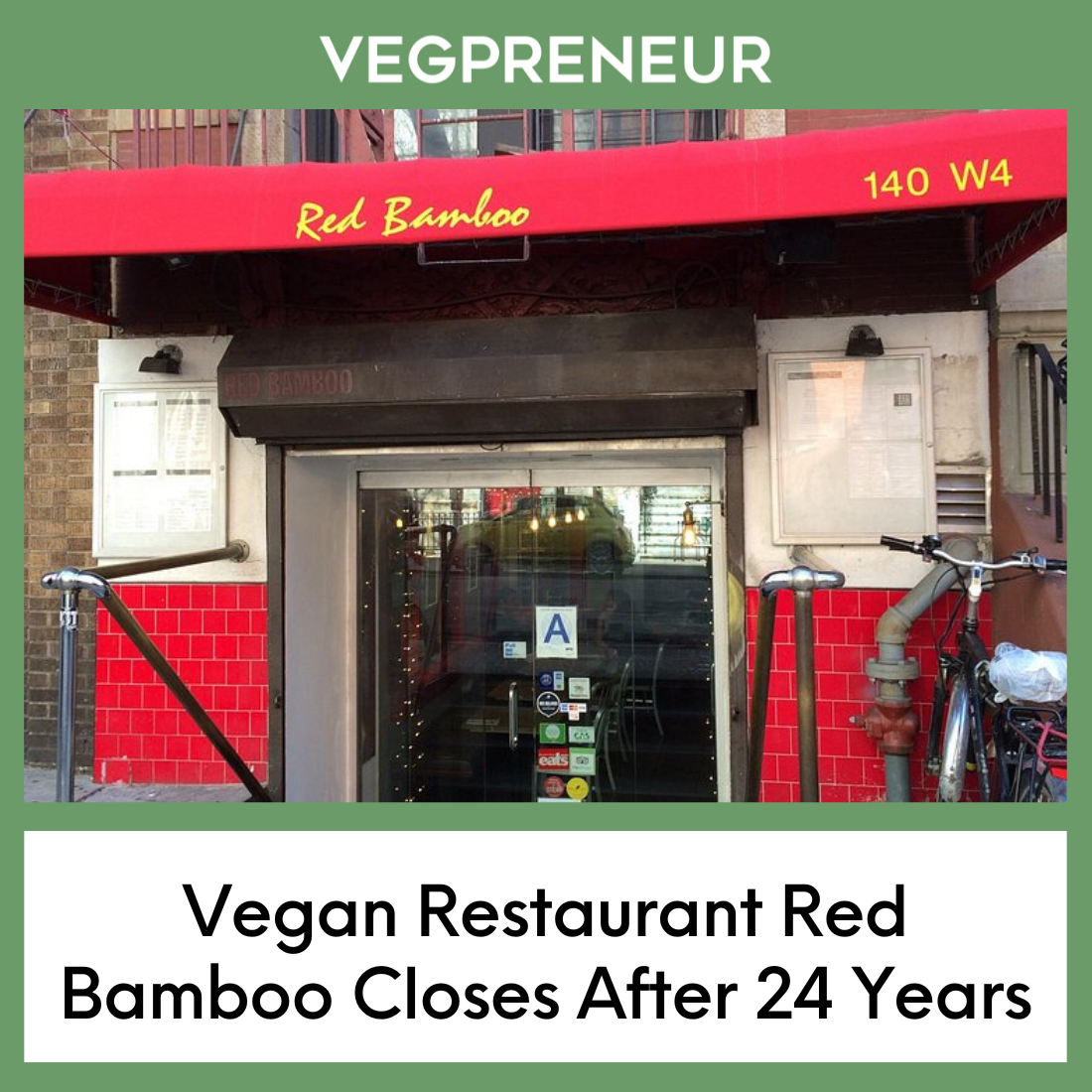Top Business Predictions for 2021 from Leaders in Plant-Based Business
Plant-based products continue to grow at unprecedented rates. We asked leading leaders across industries what’s in store next for the green revolution in 2021.
When actor Joaquin Phoenix stepped onto the stage last year to accept an Oscar for his role in the Joker film, he brought the vegan movement along with him. His speech became one of the most covered topics of the ceremony. It even landed him the number two spot on Google’s Year in Search 2020 in the Actors category (he came in second to Tom Hanks). The speech seemed to echo in the events that unfolded over the next few weeks and months. Suddenly, issues barely covered in mainstream media were front and center.
As the pandemic changed every aspect of our lives, it also shaped our collective consciousness. The fear of becoming sick had many embarking on a quest for higher quality foods giving the plant-based category an unexpected boost.
The trend is reflected across various studies such as research management consulting firm, Kearney, which predicts expected revenue for the global plant-based meat market to grow from $46bn to US $120bn between 2018 and 2025, representing a 15% CAGR. We anticipate the plant-based meat market to hit $140 Billion by 2029.
As we enter 2021, we wanted to ask business and thought leaders to weigh in on how this year will continue to shape the plant-based industry. This is not a forecast rather a where-is-the-current heading as new variables (many of them unknown) surface along the way.
This plant based trend comes as no surprise to Christie Lagally, Founder at Rebellyous Foods: “Of course COVID-19 played a huge role in changing the way people buy food with more people eating at home than in recent history. At the same time, consumers are looking for better-for-you foods that taste good, so it's no surprise that plant-based foods are on the upswing.”
“Taste is King” - Seth Tibbott, founder of Tofurky
(Watch Seth’s talk at the VEGPRENEUR Summit)
Consumers are looking for more than plant-based and vegan labels. The continued adoption of vegan foods will hang in large parts on taste, as Tofurky Founder Seth Tibbot puts it: “taste is king”. That’s also echoed by a FONA INTERNATIONAL plant based trends report that states that 65% of consumers cite taste as the main driver for trying vegan, plant-based foods. Often, health benefits are secondary.
Veganuary founder Matthew Glover is optimistic that with people eating at home they have more control over the quality of their food:
“Two of the key barriers for people adopting a vegan diet is eating out (and the lack of options) and struggling to find vegan food when traveling. With the huge variety of vegan foods now available at supermarkets and via food delivery, I believe there’s never been an easier time to experiment with a vegan diet.”
“Availability!” - Christie Lagally
Plant-based manufacturers are taking steps to make sure they have the capacity to meet the growing demand. Lagally of Rebellyous Foods is solving for her greatest challenge: “Availability. Projected sales growth is expected to outpace production capacity, which is what we're solving for at Rebellyous Foods. We're creating novel production methods and equipment to enable us to produce tastier, higher quality plant-based meat at larger volumes than currently feasible”.
Packaging, IPOs, Shark Tank
The team at VEGPRENEUR, a global community of entrepreneurs building plant-based businesses, shared some trends they picked up on. Noah Hyams believes that packaging is going to matter more than ever: “Not only are consumers demanding more plant-based products, but they are also shying away from plastics.” Corey Nobile of Impact Snacks, who spoke at the most recent VEGPRENEUR Summit, has developed a plant-based snack that has a wrapper that is not only bio-degradable but also edible.
Amber Ward of VEGPRENEUR points out that plant-based companies are also going mainstream: “Two of the four companies that pitched at the VEGPRENEUR Pitch Night in New York City in October 2019 (watch the recap) made it onto ABC’s Shark Tank. Luckily, both of them got deals with Mark Cuban.” As vegan products become the norm, they are breaking through on mainstream media where they are becoming normalized.
Lastly, more and more plant-based companies are going public. With the launch of NOACU, a SPAC that intends to acquire a plant-based company in the future, and the speculation around an Oatly IPO, there are more and more vegan stocks to invest in (see a list of vegan stocks). As Hyams mentioned in a recent Bloomberg Radio interview: “More than $930M was invested in alternative protein during Q1 of 2020.” We anticipate this number to continue to grow!
More On Our Blog:
“Restaurants need a plant based version of everything!” -Steve Salm
Steven Salm, president and founder of the Chase Hospitality Group and PLANTA Restaurants and a passionate proponent of plant-based foods: “Guests are looking for a seamless experience between work and home, and between restaurants and their own kitchen. With the products and techniques being used in the plant based community, restaurants need to respond with a plant based version of everything!”
Salm sees consumers demand for dumplings, pizza and incredible desserts to increase. His restaurant group is responding to anticipated demand with new items and offerings like quick reheat items which will allow guests to bring more innovative plant based offerings into their home kitchens.
Data is the New Currency
According to Walter Robb from S2G Ventures and former Whole Foods Co-CEO, the pandemic accelerated digitization and the addition of digital pathways by 5 to 10 years. Digital penetration in the grocery category pre-COVID was 3% and grew to 35% at COVID peak. Walter expects that number to land at 15% and grow 25% over the next few years.
“2021 will be a pivotal year for the fashion industry” - Adrián López Velarde
According to the UN Environment Programme, the fashion industry produces 20 percent of global wastewater and 10 percent of global carbon emissions - more than all international flights and maritime shipping combined. With Gen Z on its way to becoming the largest consumer group, it’s no surprise that demand for green products in fashion is on the continued rise.
Adrián López Velarde, co-founder of DESSERTO which produces cactus vegan leather, predicts that “2021 will be a pivotal year for the fashion industry, in that materials that are cruelty-free will be met with increasing consumer demand. From a production standpoint, the challenge lies in being ready to meet that demand. While the pandemic does not pose any immediate limits to the supply chain, the ability to adapt to this new reality remains important.”
“Most of the investors in the plant-based space are looking at the ‘share of stomach’ ratio, and trying to reduce the numbers of animals in the food system.” - Matthew Glover
Sustainable Materials
As sustainable products are catching the eye of investors looking to get in early on the trend, we wanted to get a better handle on what categories and products are catching their eye. Vegan Women’s Summit (VWS) founder Jennifer Stojkovic shares findings from themes her organization has seen first-hand.
“Many investors are putting their money towards sustainable textiles and materials, as we saw at VWS Pathfinder, with Renana Krebs’ company Algaeing by Algalife winning the pitch competition. There’s an increasing demand for sustainable textiles and fashion, as consumers realize how much water, land, and harmful chemicals are used for the clothing industry. We’ve heard from many investors the desire to create scalable leather alternatives and expect to see a significant amount of funding go towards that category specifically, ranging from organic solutions such as Pinatex pineapple leather or bio-solutions like Le Qara’s leather grown from microorganisms.”
Matthew Glover, an investor himself tells us: “Most of the investors in the plant-based space are looking at the ‘share of stomach’ ratio, and trying to reduce the numbers of animals in the food system. This means the focus of Veg Capital, and other similar funds, will continue to be plant-based and cultivated meats, dairy, egg and fish replacements. We’ve recently set up and invested in VFC, as chickens are the most exploited land animal on the planet, with people eating huge amounts of fried chicken. Another category seeing huge traction are egg replacements.”
All signs point to a positive year for plant-based innovation. Thank you to every thought leader who took time during the holidays to share their thoughts on the year head!
